Empowering Senior Citizens:
Highlights from the CDD-AGE Town Hall Forum
The Centre for Democratic Development (CDD-Ghana), in partnership with the Association of Ghana’s Elders (AGE), organized a town hall forum for Senior Citizens aimed at amplifying the voices of Ghana’s elderly population in national policy discussions. It was held on March 20, 2025, at GNAT Hall, Accra, bringing together over 100 seniors and stakeholders to articulate their concerns and expectations from the new government and propose solutions to the challenges they face daily. The event focused on issues including pensions, social security, healthcare, economic security, infrastructure, and governance, ensuring that national policies are shaped with the welfare of seniors in mind.
Background and Purpose of the Event
Reports from CDD-Ghana and Afrobarometer indicate signs of democratic stagnation, declining public trust in governance institutions, and persistent challenges in electoral processes.
Despite growing demographics, critical issues such as social protection, healthcare, pension security, and economic inclusion receive limited policy attention.
Key Discussion Areas & Suggestions
Access to healthcare remains a major challenge for Ghana’s elderly. Participants emphasized the need for NHIS reforms tailored to seniors, and the introduction of family doctors who visit seniors regularly. They also called for improvements in hospital waiting times and conditions, better ambulance services, and the creation of specialized elderly care facilities.
On social security and pensions, participants advocated for universal pensions for all individuals aged 60 and above, regardless of formal employment history. They emphasized the need to promote private pension schemes, enhance education for informal sector workers, and involve banks to broaden pension program access. The discussion also highlighted the importance of raising the retirement age beyond 65, supporting private enterprises to boost employment, and encouraging mentorship programs between older and younger workers. Additionally, simplifying access to pension loans and improving the registration process for pensioner health benefits were identified as key areas for reform.
Regarding the built environment (infrastructure and accessibility), seniors highlighted the need for a transport policy, designated bus stops for senior citizens, and dedicated shuttles with well-timed departures and arrivals. They emphasized making public transport more accessible, improving road infrastructure with proper pedestrian crossings, and offering discounts on ride-hailing services. Public washrooms should be made senior-friendly, and staircases should be replaced or supplemented with elevators and escalators.
For the local government, seniors called for increased elderly representation in district assemblies and better accountability from local government agencies. Participants stressed the importance of educating citizens on the responsibilities of local government and addressing community issues such as stray animals, unregulated parking, and security concerns. Assemblies should be empowered to generate local revenue to meet community needs independently.
The discussion on constitutional and governance reforms included debates on presidential term lengths, with some supporting an extension to five or six years while others preferred maintaining the current four-year term. Many participants favored abolishing the Council of State, arguing that it is a major cost to the state, is plagued by partisan politics and its advice is often ignored because the president is not mandated to follow their advice, while others suggested reforming it to be more effective.
Some advocated reducing the number of parliamentarians who double as ministers as a way to improve government efficiency.
Tackling public sector corruption was a key concern, with participants calling for the confiscation of assets, imprisonment of corrupt officials, and the recovery of stolen funds. Some suggested enforcing community service penalties, holding both givers and receivers of bribes accountable, and avoiding excessive publicity around corruption cases in favor of decisive action.
Education was another critical topic, with calls for reviewing targets to ensure proper resource allocation, improving accommodation for teachers and students, increasing teacher salaries, and strengthening monitoring systems. Participants stressed the need to prioritize technical and vocational education, and also ensure that funding for basic schools is used effectively, and enhance oversight of school resources.
Conclusion and Next Steps
The AGE-CDD town hall forum for Seniors successfully provided a voice to Ghana’s elderly community, highlighting the urgent need for policy reforms in healthcare, pensions, infrastructure, governance, and education. The insights gathered will be compiled into a comprehensive policy document by the CDD to guide future advocacy efforts. AGE remains committed to ensuring ageing is a dignified process in Ghana and will continue engaging stakeholders, policymakers, and the general public to push for tangible reforms that improve the quality of life for senior citizens.
For more updates on AGE’s advocacy and programs, visit www.ageafrica.com
Prepared by: Association of Ghana’s Elders (AGE)
Date: March 25, 2025



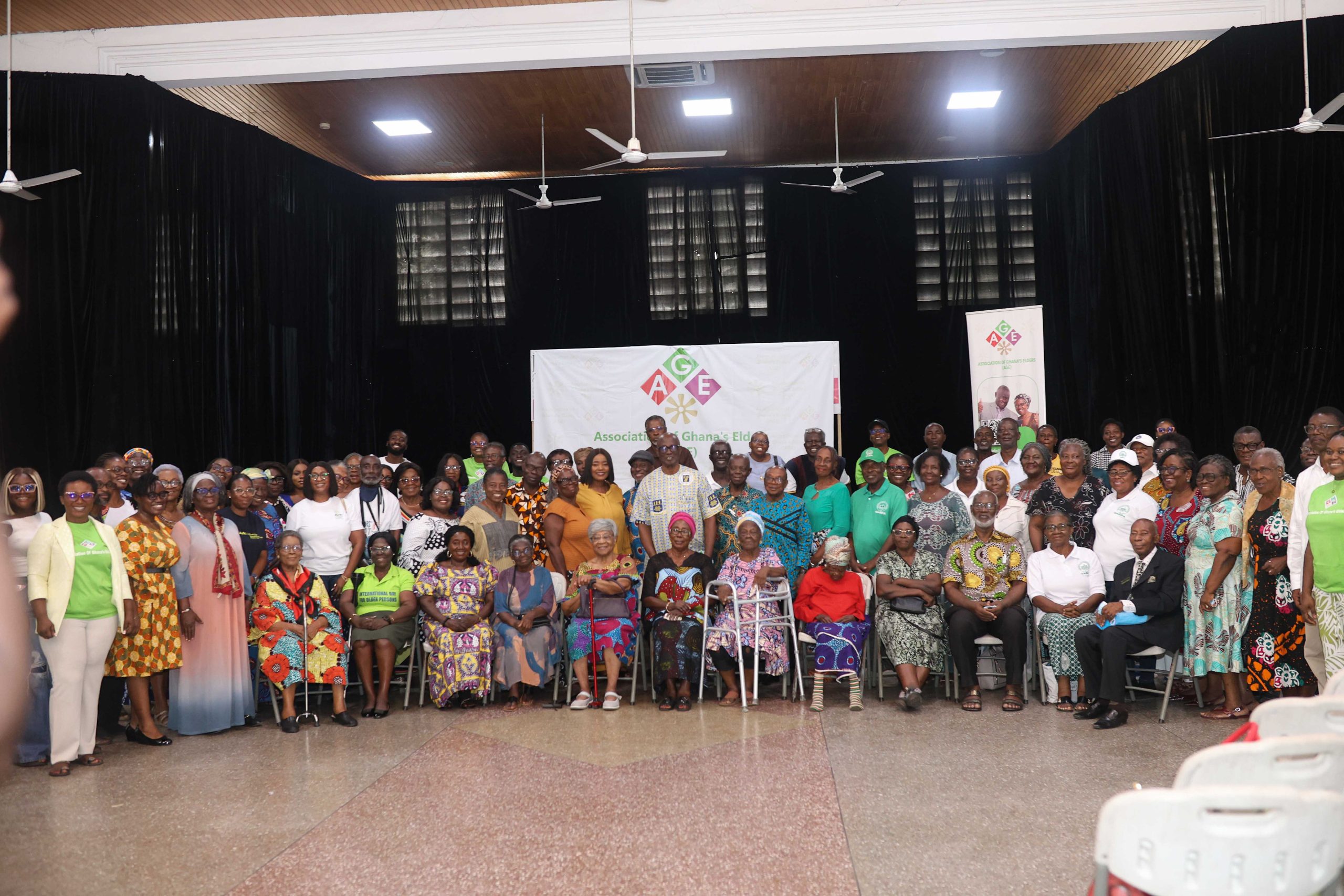
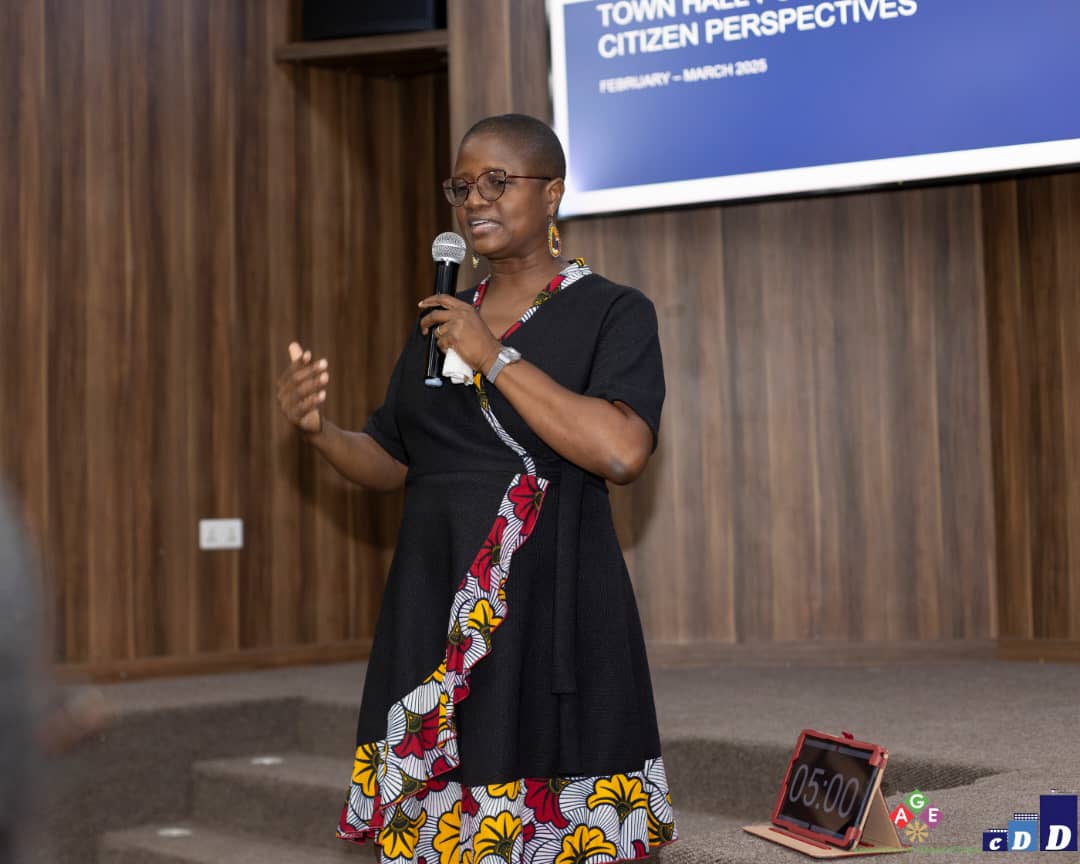
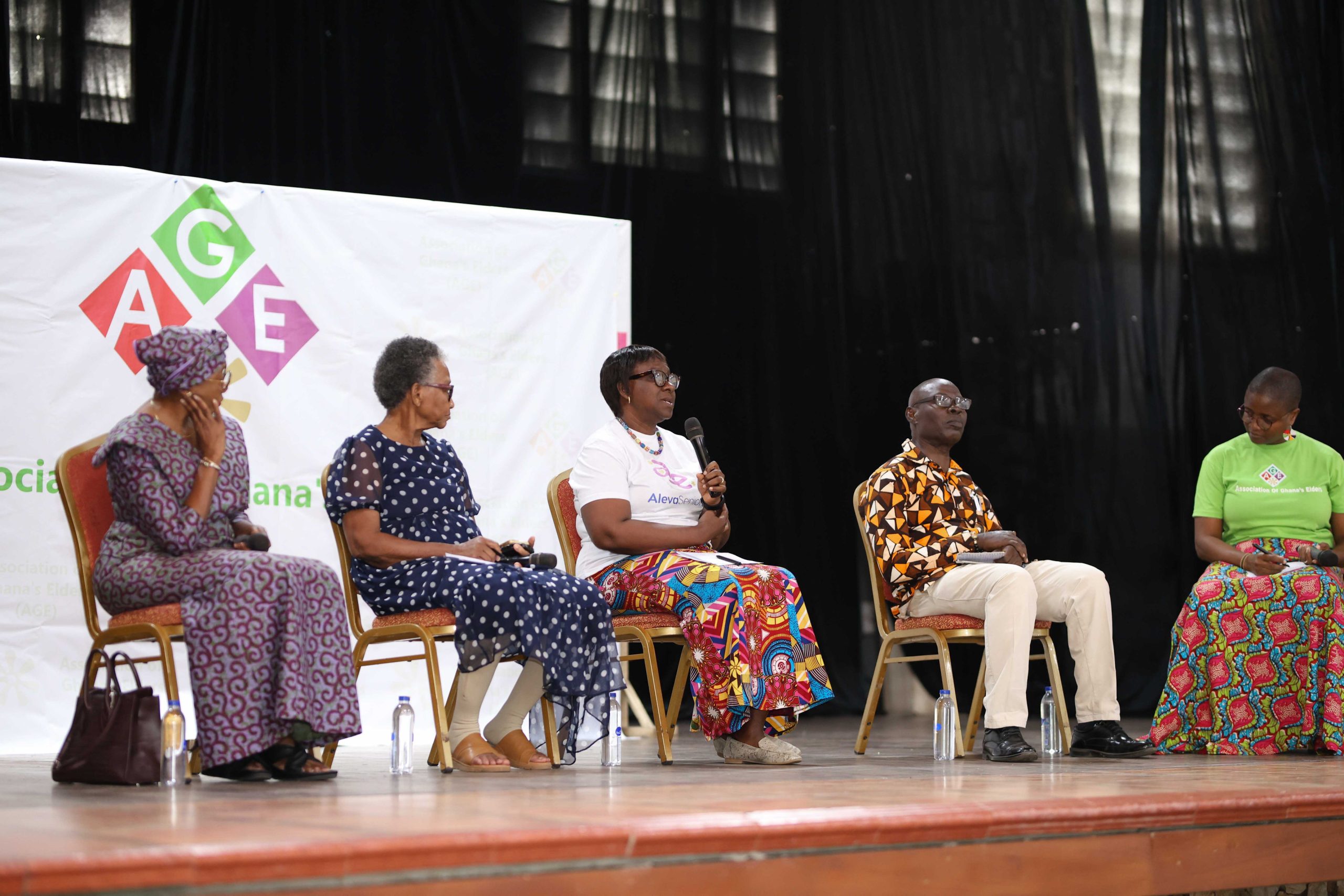
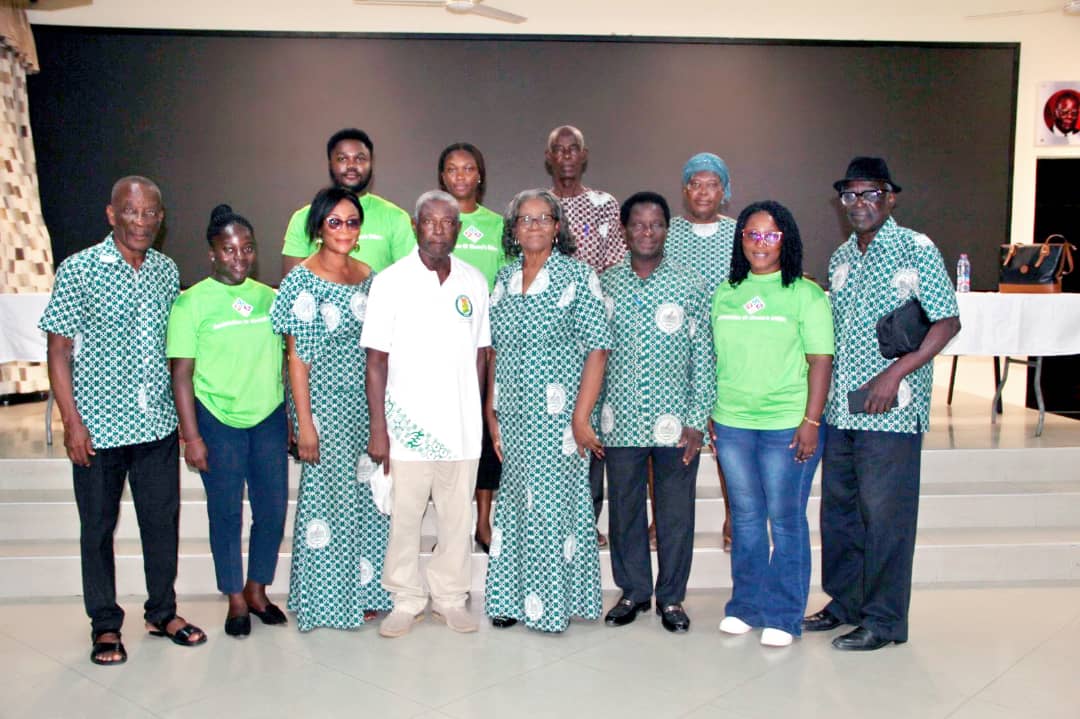
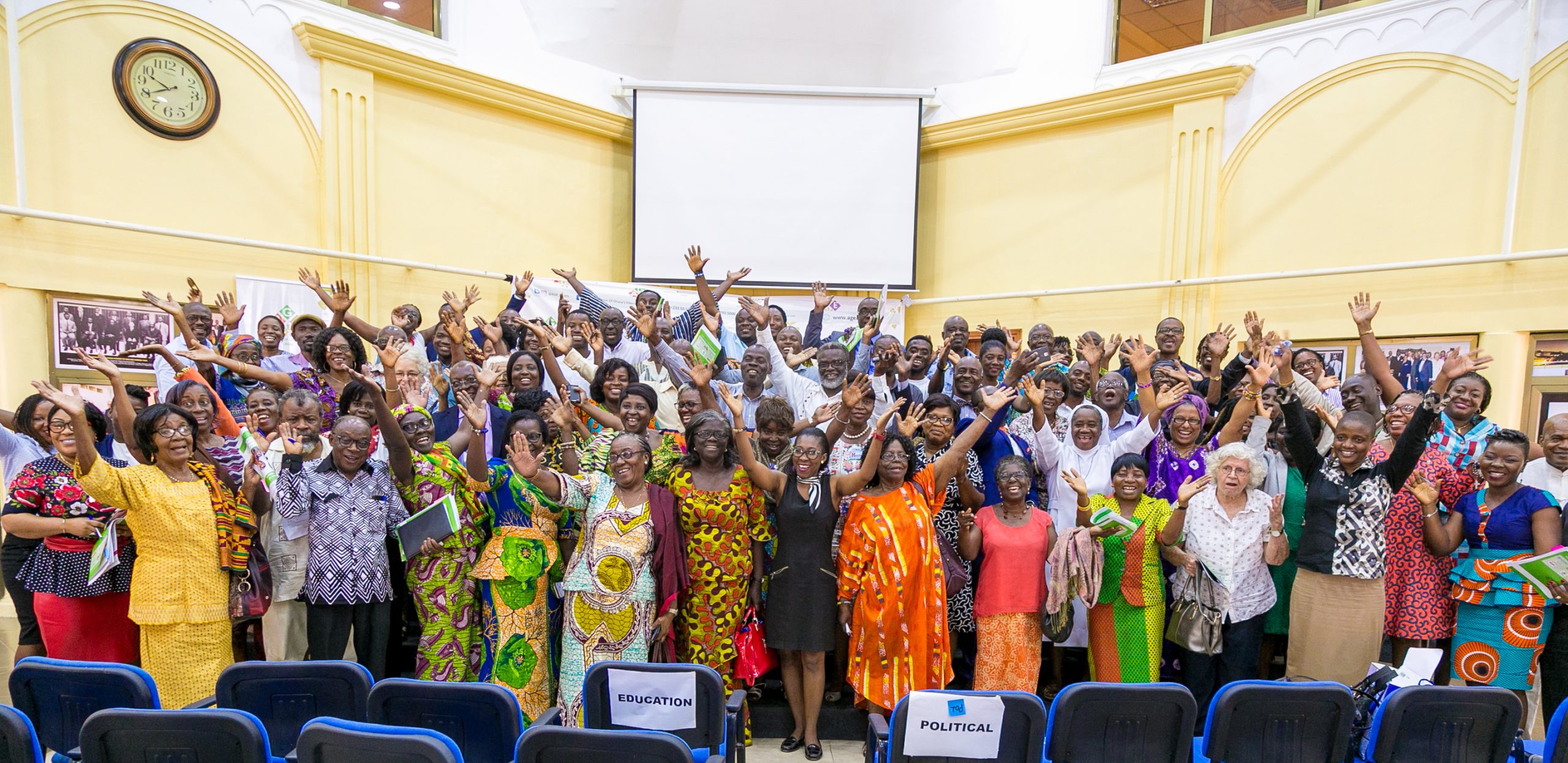

Leave a Reply